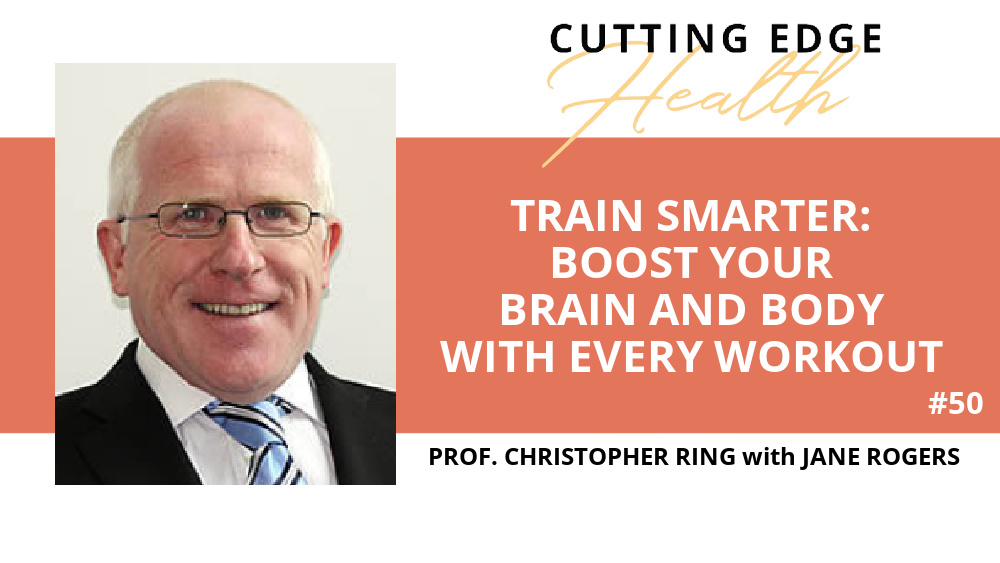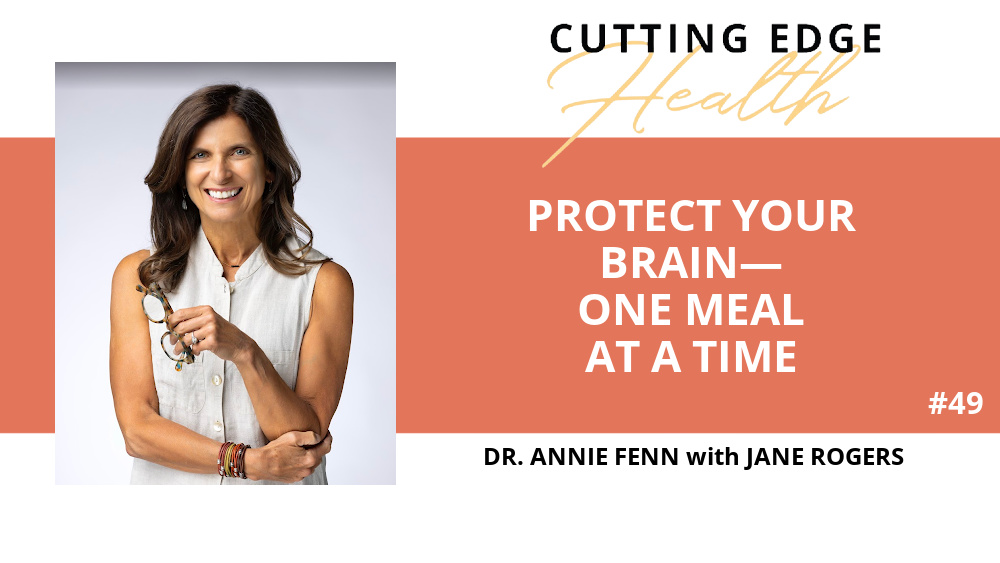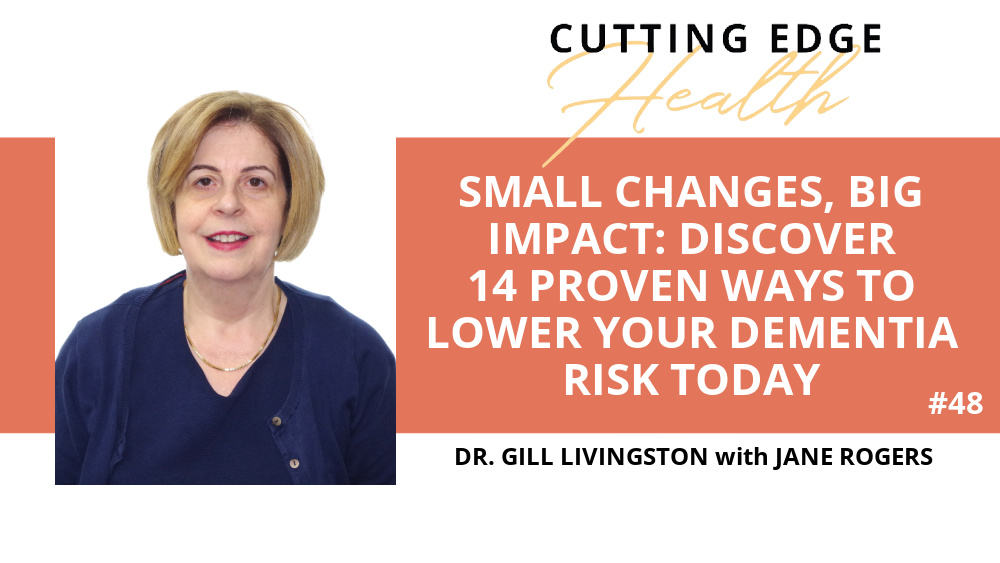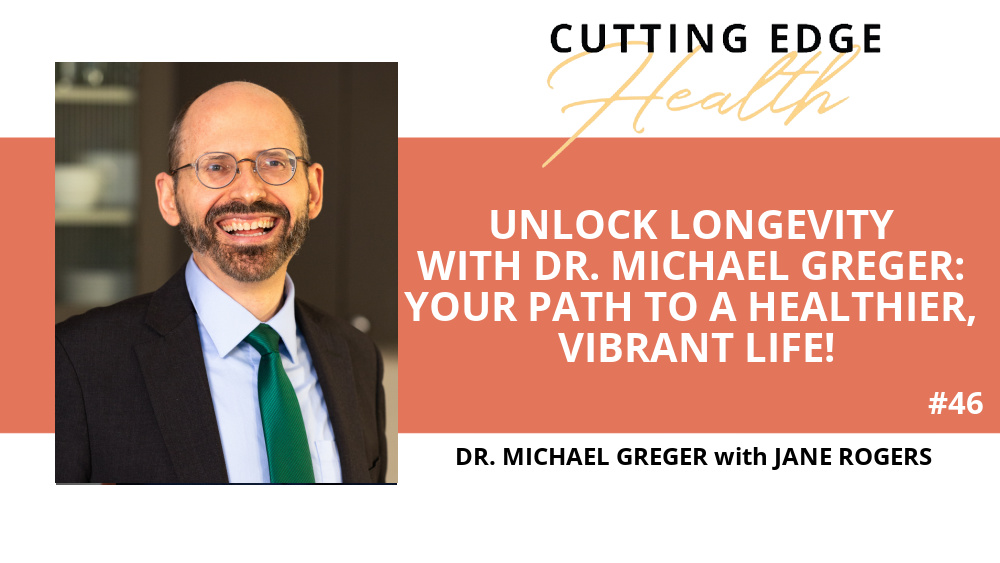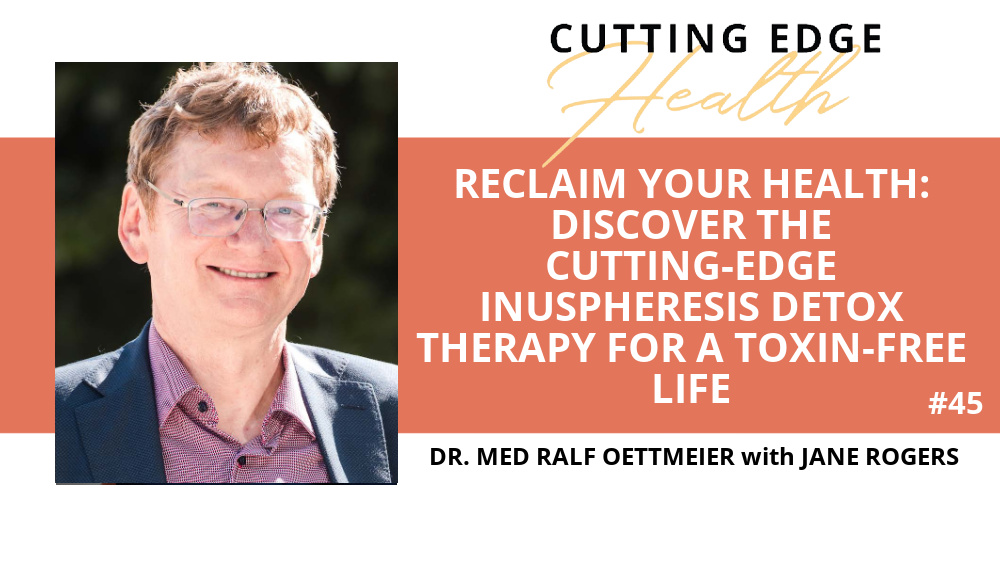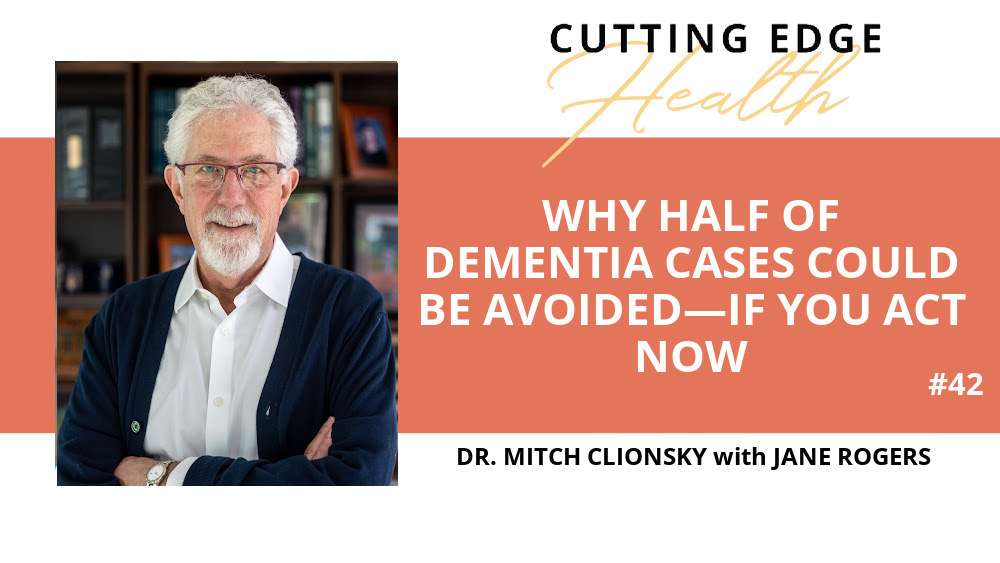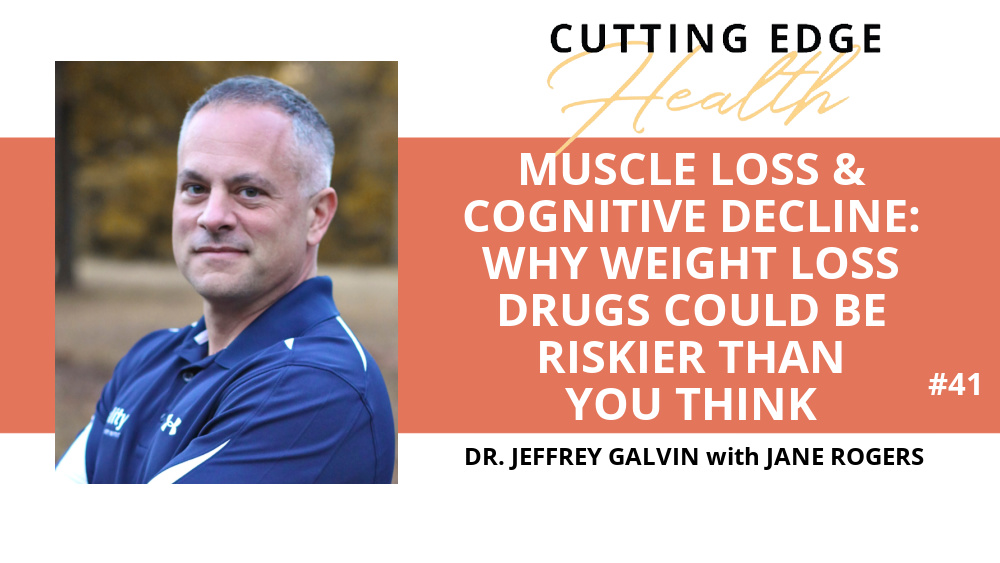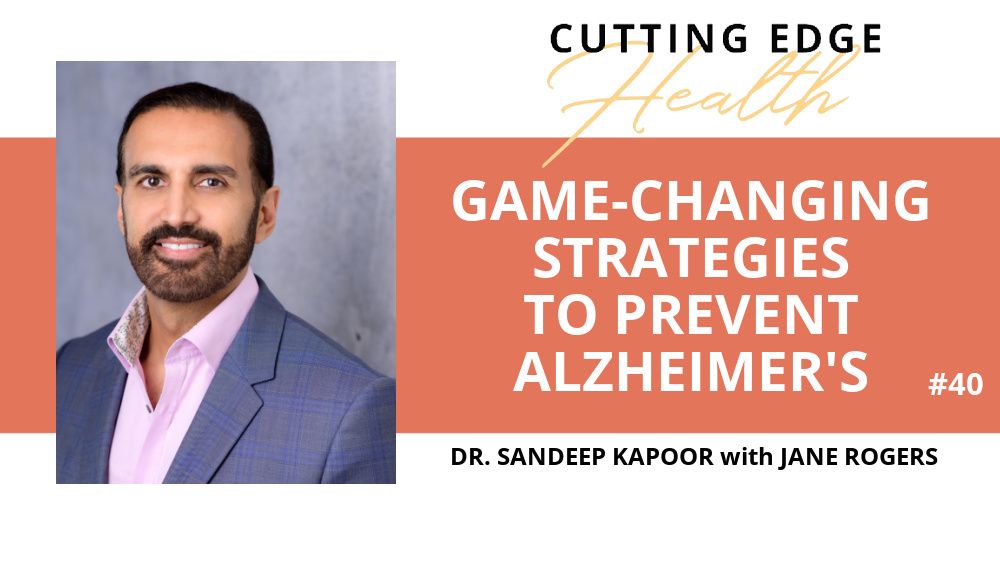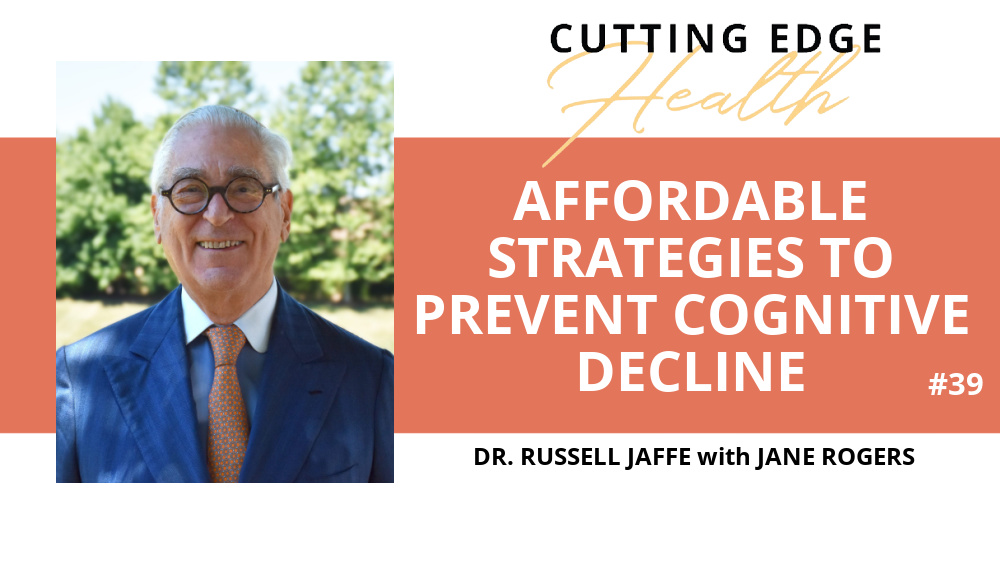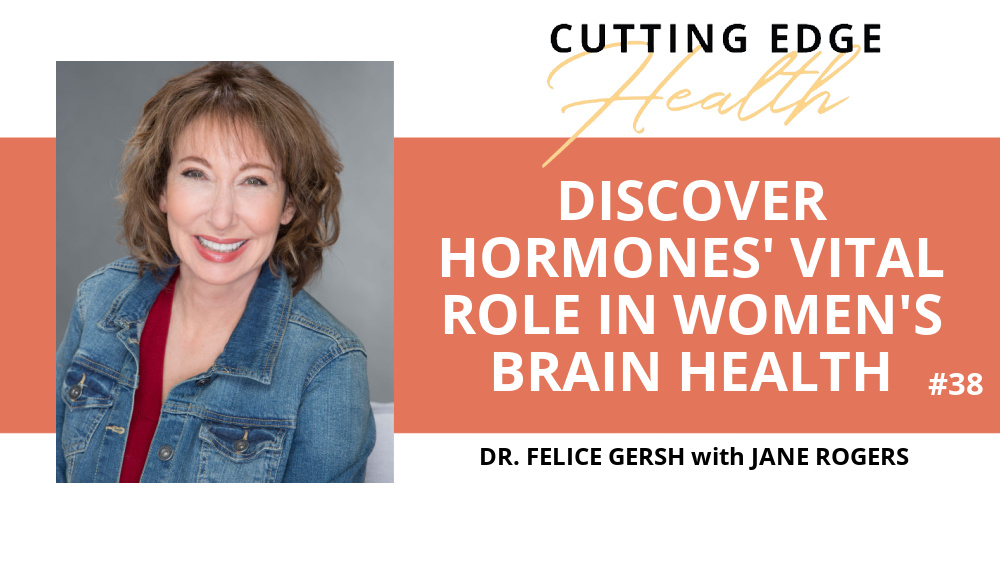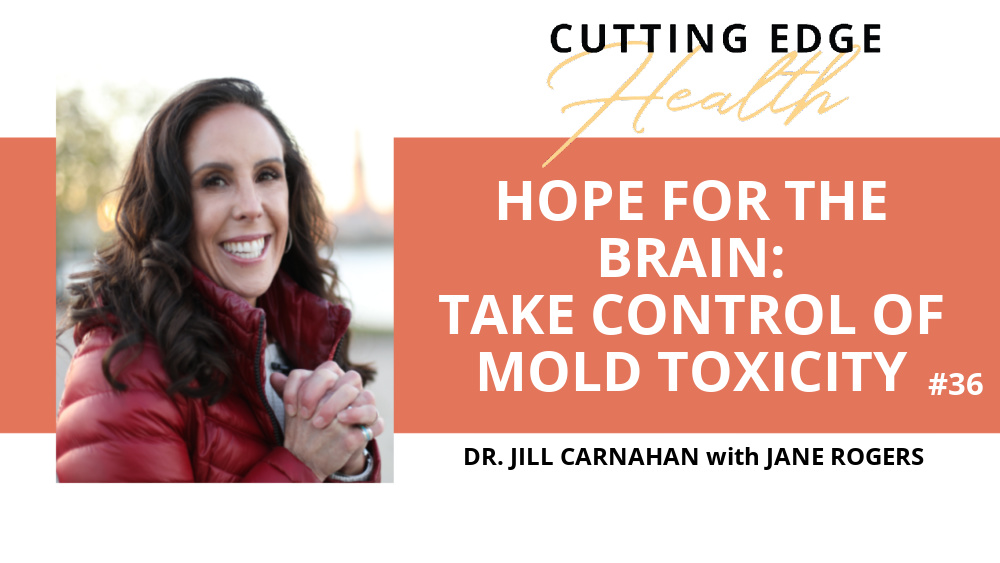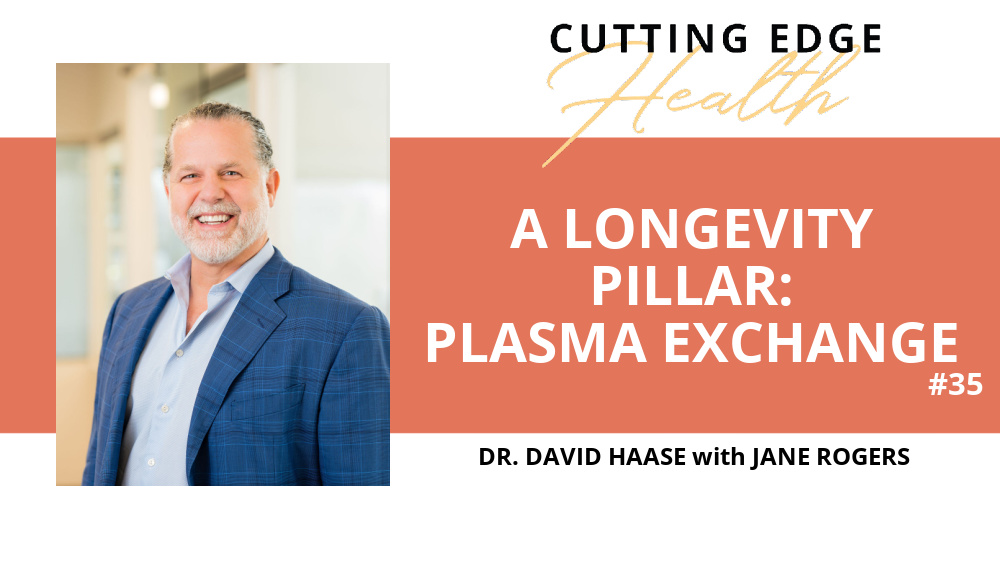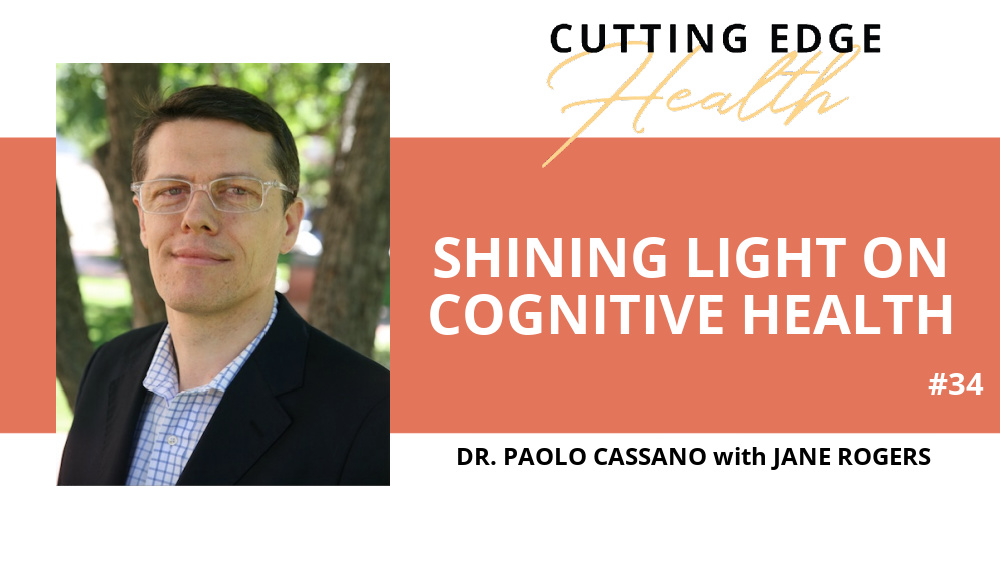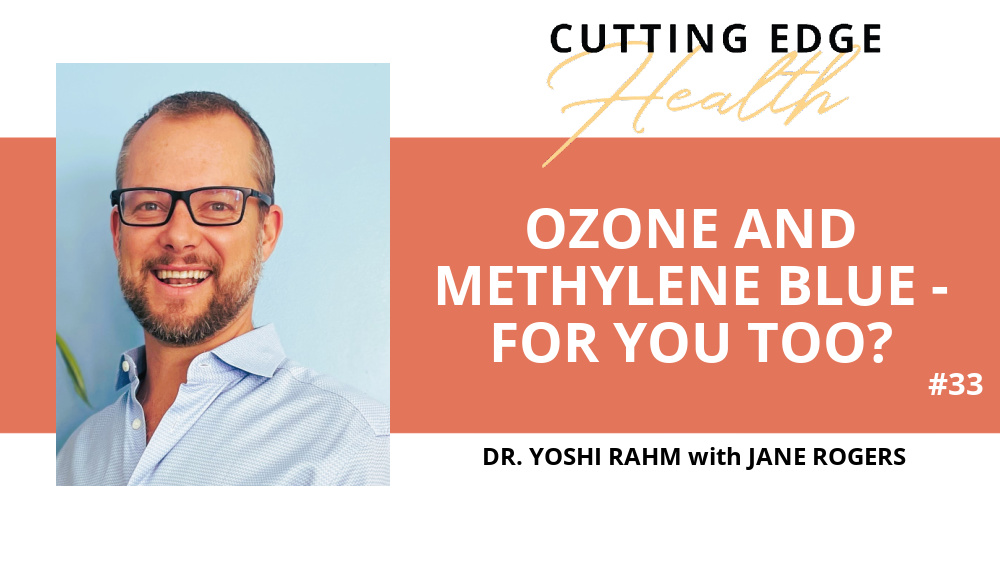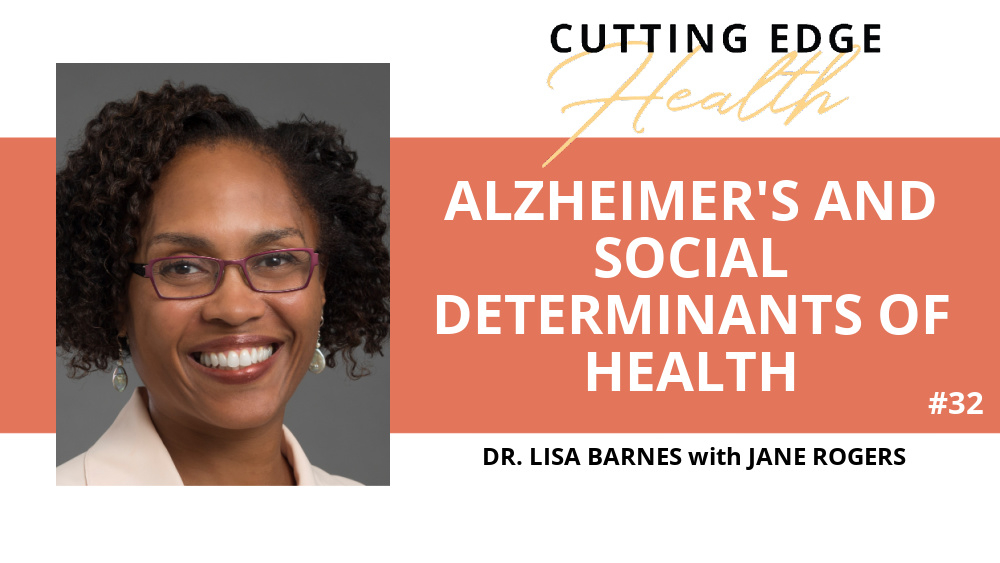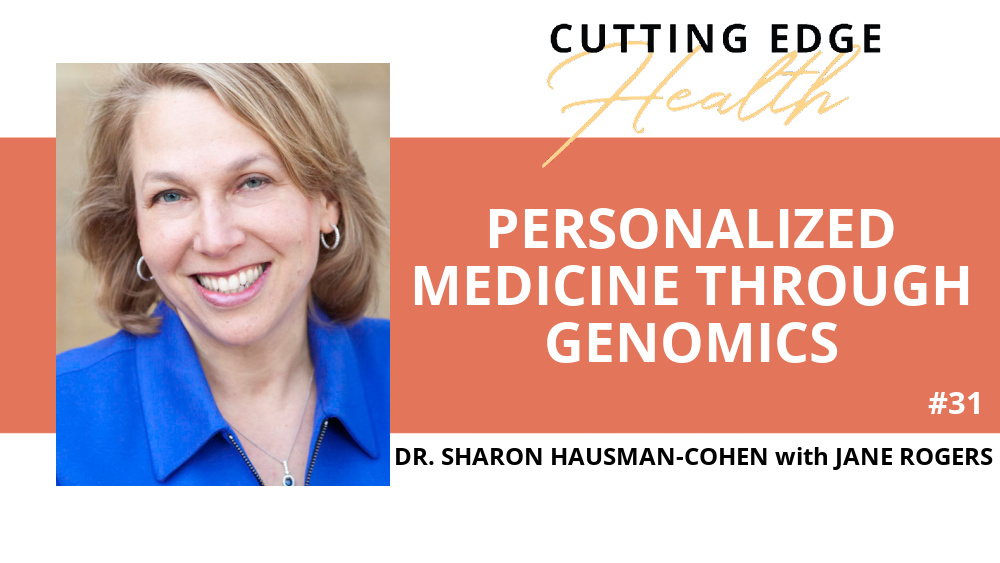EPISODE #25
BIOIDENTICAL HRT MAKES FOR A BRIGHT MIND
Dr. Lisa Broyles
with Jane Rogers
Estrogen Receptors in the Brain Work to Ward Off Alzheimer’s Disease and Other Forms of Dementia.
If you only have 3 minutes...
Listen to the Audio version of the podcast below. Click the download button (with icon of arrow pointing down) to save a copy to your device and to share with others!
Subscribe to the podcast on the platform of your choice.
What you'll learn in this podcast....
Most women should consider bioidentical hormone replacement therapy at menopause to increase estrogen production and enhance their health and cognitive functions, according to Dr. Lisa Broyles, a functional medicine doctor.
“We can prove that it does improve cognition and lessens the risk of you developing Alzheimer’s in the future,” she says.
Even prior to menopause, those women who experience symptoms like anxiety, forgetfulness and sleep difficulty should contemplate the hormone therapy, Dr. Broyles suggests.
“Studies show the sooner that you start it, the better you’re going to do as far as your cognition,” she says. “Women that start it right away when they go through menopause and stay on hormone therapy for those first 10 years, between ages 50 to 60, consistently have less risk of developing Alzheimer’s dementia than those that aren’t on it at all, or that start it after that 10-year period.
She strongly cautions, however, that women focus on bioidentical hormone replacement therapy, or that which is similar to human-grade progesterone. Research two decades ago by the Women’s Health Initiative found that some estrogen replacements — particularly those that contained the synthetic progesterone, medroxyprogesterone — diminished cognition and potentially could lead to heart attacks or breast cancer. Dr. Broyles also recommends avoiding oral replacement therapy and advises that all women first consult doctors since individual risk factors must be taken into account prior to initiating the bioidentical hormone replacement therapy.
Sections of the brain first impacted by Alzheimer’s — including the hypothalamus, the pituitary gland and the forebrain — all have estrogen receptors, Dr. Broyles points out. Estrogen makes blood vessels more pliable and increases the strength of synaptic signals in the brain that allow for neurons to communicate with one another and reproduce more freely.
Progesterone to Estrogen Ratio Calculator 10:100
Personally, I’ve read the ideal is a ratio in this online calculator of 10.
About Dr. Lisa Broyles
Dr. Lisa Broyles, MD, is trained in the Bredesen Protocol, a personalized program to prevent and reverse cognitive decline. It is estimated that nearly 50 million currently living Americans will die of Alzheimer’s disease if effective prevention and reversal are not implemented–almost 100 times more than have died of COVID-19. Mainstream medicine would have you believe that it can’t be prevented, is untreatable, and progressive, with most patients not surviving beyond three to eleven years post-diagnosis.
But we are learning that the disease is a pathology of multiple causes that is preventable and even reversible in the early stages through the kind of holistic and individualized approach prescribed by the Bredesen Protocol.
A certified functional medicine doctor with an interest in holistic/integrative medicine, Dr. Broyles is transforming medical care in rural North Carolina. Addressing the underlying causes of disease rather than simply treating symptoms, Dr. Broyles uses a systems-oriented, holistic approach that engages both patient and practitioner in a therapeutic partnership. The result has been a palpable rise in health IQ and wellness in the community she serves.
“People are hungry for this kind of patient/physician collaborative care. They want to take charge of their well-being. They want to feel empowered. Too often, though, the insurance system in America limits choices for physicians and patients alike. Functional medicine represents a fundamental paradigm shift from symptom suppression to an integrative body/mind approach to optimal health,” said Dr. Broyles.
Hoping to help more people than her limited practice can accommodate, Dr. Broyles is reaching out to her community through the Cutting-Edge Health podcast and other platforms. At the end of each podcast, Dr. Broyles will answer your questions.
Having graduated from the Brody School of Medicine at East Carolina University and completed her three-year residency at the University of Tennessee in Knoxville, Dr. Broyles is currently a family practitioner in Saluda, North Carolina.
For the past several years, she served patients at urgent care and occupational medicine centers in South Carolina and Tennessee. Prior to this, she was medical director for the East Tennessee Spine and Nerve Center in Chattanooga and the Johnson City Tennessee Downtown Clinic. Dr. Broyles graduated from Brody school of medicine at East Carolina University in Greenville North Carolina and obtained her functional medicine certification from Functional Medicine university in Greer South Carolina.
- Never miss an episode! Subscribe and follow on your favorite distribution channel.
- Feedback and questions to hello@cuttingedgehealth.com
- Our team would be honored and grateful, if you could leave a 5-star rating on Apple Podcasts.






